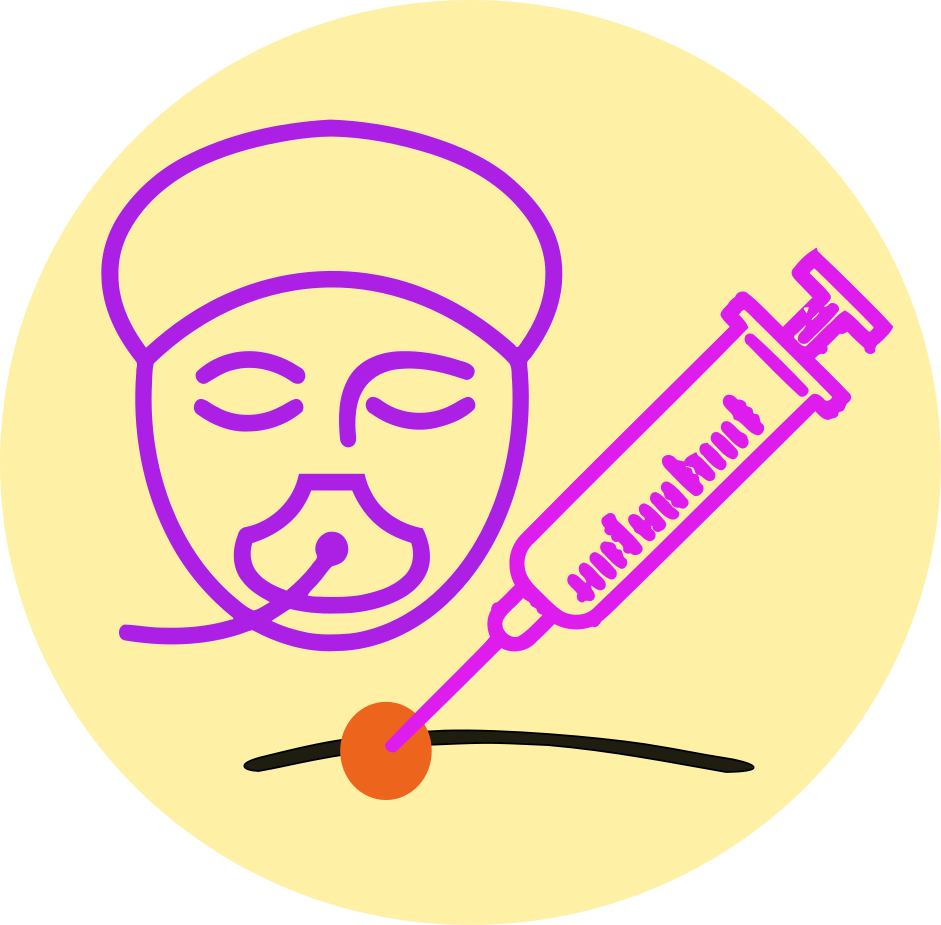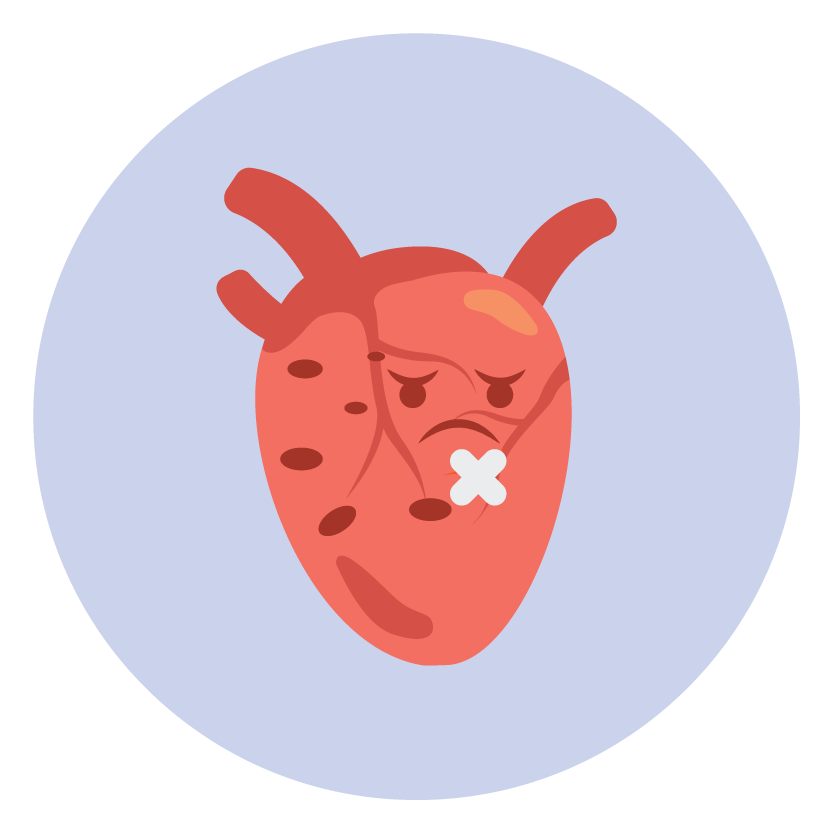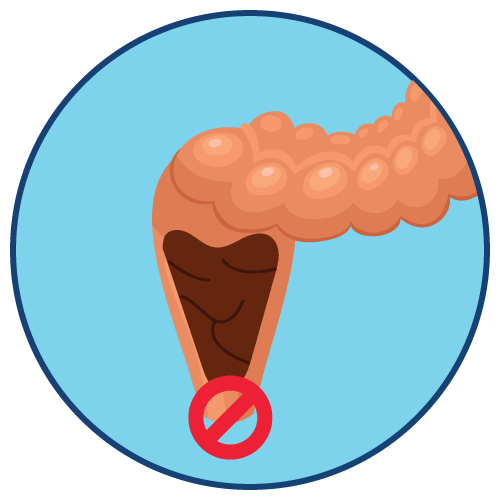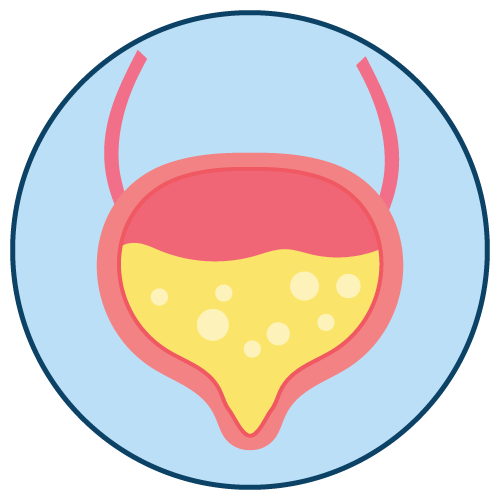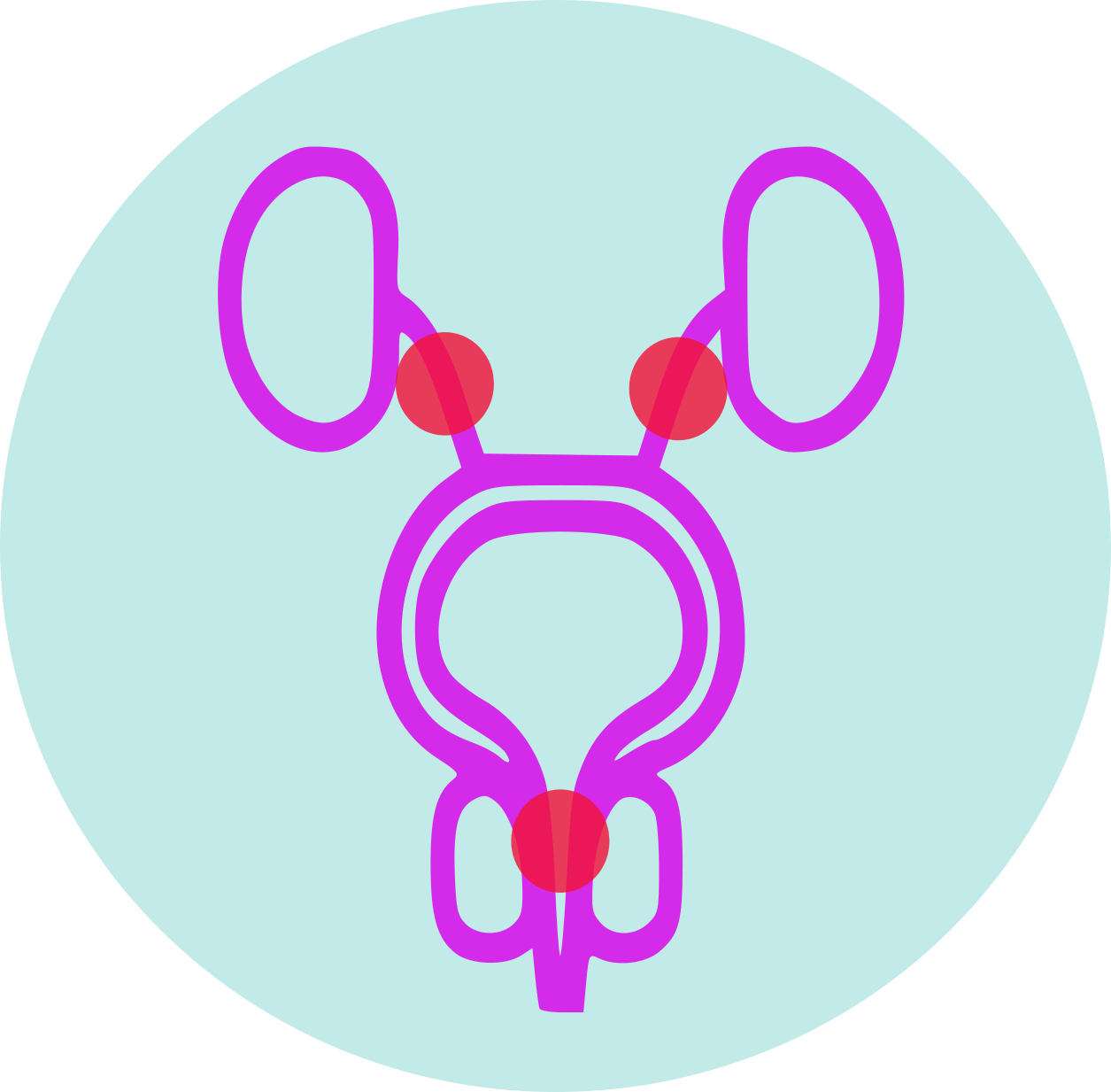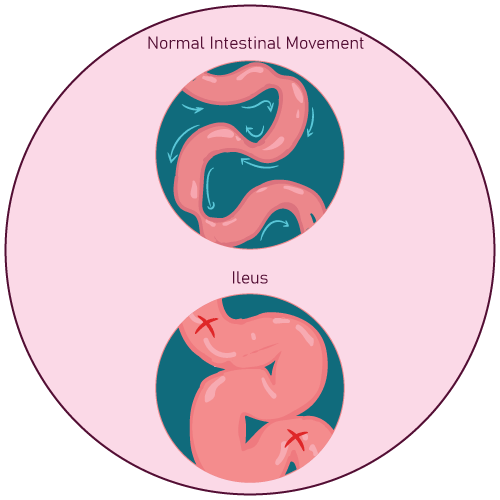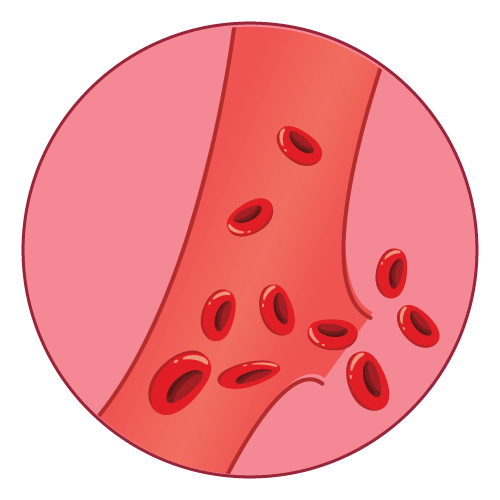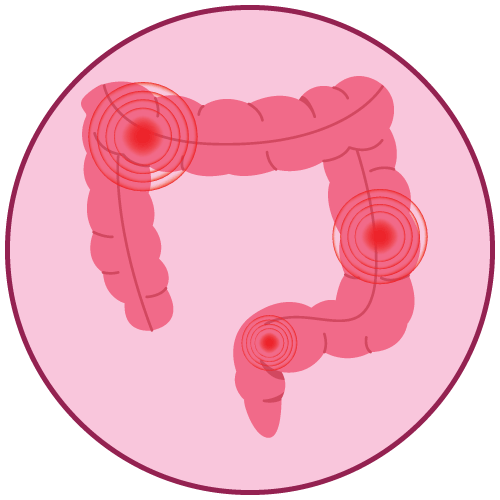| Name | Glycopyrrolate |
| Classes |
Gastrointestinal Agent Antispasmodic |
| Diseases |
Anesthesia |
Glycopyrrolate
Glycopyrrolate is an antimuscarinic agent that competitively inhibits acetylcholine at muscarinic receptors. It exerts its effects on various organ systems by blocking the actions of acetylcholine, leading to decreased smooth muscle contraction and secretions.
Glycopyrrolate Injection is an anticholinergic indicated:
- in anesthesia (adult and pediatric patients)
- for reduction of airway or gastric secretions, and volume and acidity of gastric secretions, and blockade of cardiac inhibitory reflexes during induction of anesthesia and intubation,
- intraoperatively to counteract surgically or drug-induced or vagal reflex-associated arrhythmias, and
- for protection against peripheral muscarinic effects of cholinergic agents.
Peptic ulcer (adults):
- As an adjunctive therapy for treating peptic ulcer when rapid anticholinergic effect is desired or oral medication is not tolerated.
Orally Disintegrating Tablets: 1.7 mg of glycopyrrolate
Injection:
Glycopyrrolate Injection may be administered intramuscularly, or intravenously, without dilution, in the following indications:
Adults:
- Preanesthetic Medication: Administered intramuscularly at a dosage of 0.004 mg/kg, approximately 30 to 60 minutes before the expected induction of anesthesia.
- Intraoperative Medication: Administer a single intravenous dose of 0.1 mg, with the option for additional doses, as necessary, at intervals of 2 to 3 minutes.
- Reversal of Neuromuscular Blockade: Use 0.2 mg for every 1 mg of neostigmine or 5 mg of pyridostigmine.
- Peptic Ulcer: Administer 0.1 mg intravenously or intramuscularly at 4-hour intervals, repeated 3 or 4 times daily.
Pediatric patients
- Preanesthetic Medication: Administer 0.004 mg/kg intramuscularly, given 30 to 60 minutes before the expected induction of anesthesia. For patients under 2 years of age, the dosage may be increased to a maximum of 0.009 mg/kg.
- Intraoperative Medication: Administer 0.004 mg/kg intravenously, with a maximum single dose not to exceed 0.1 mg. Repeat as necessary at intervals of 2 to 3 minutes.
- Reversal of Neuromuscular Blockade: Use 0.2 mg for each 1 mg of neostigmine or 5 mg of pyridostigmine.
- Peptic Ulcer: Glycopyrrolate Injection is not recommended for the treatment of peptic ulcer in pediatric patients.
- Caution: Do not use the prefilled syringe to administer a dose less than 0.1 mg (0.5 mL).
Adverse reactions may occur and can vary in frequency. Common to less common adverse reactions may include:
- Dry mouth
- Constipation
- Urinary retention
- Blurred vision
- Tachycardia
- Headache
- Dizziness
- Nausea
- Confusion
- Allergic reactions (rare)
Contraindication
Known hypersensitivity to glycopyrrolate or any of its inactive ingredients.
None known.
Glycopyrrolate is contraindicated in Peptic ulcer patients with- glaucoma; obstructive uropathy; obstructive disease of the gastrointestinal tract; paralytic ileus, intestinal atony of the elderly or debilitated patient; unstable cardiovascular status in acute hemorrhage; severe ulcerative colitis; toxic megacolon; complicating ulcerative colitis; myasthenia gravis.
 Bangla
Bangla English
English